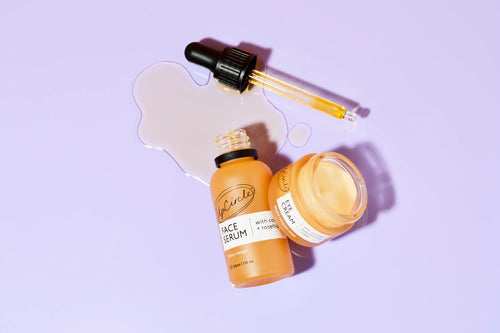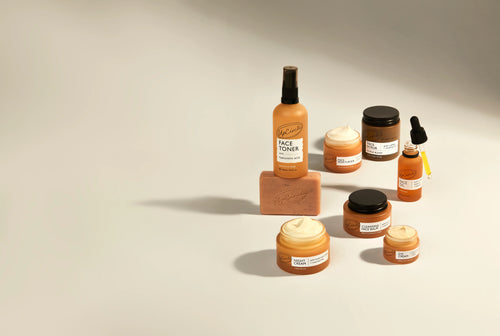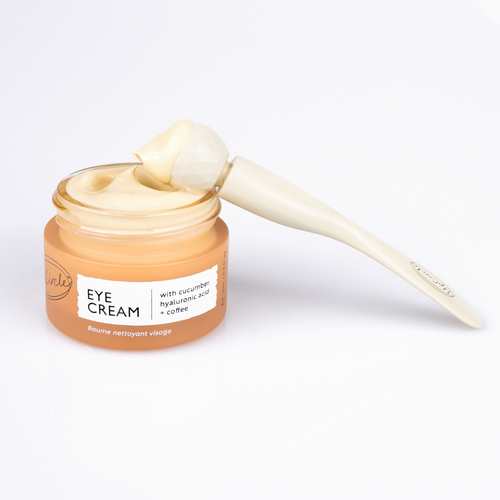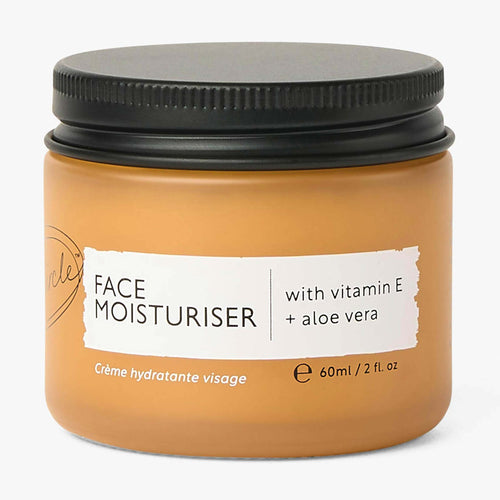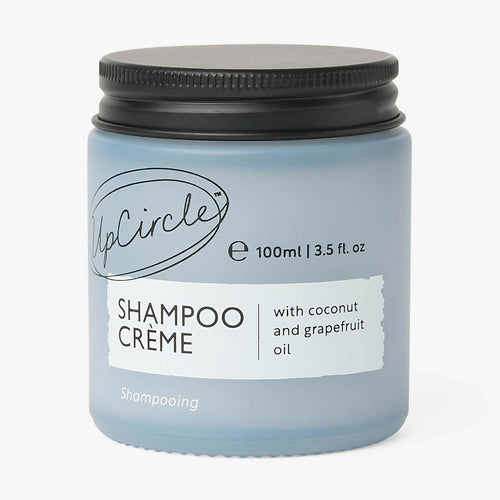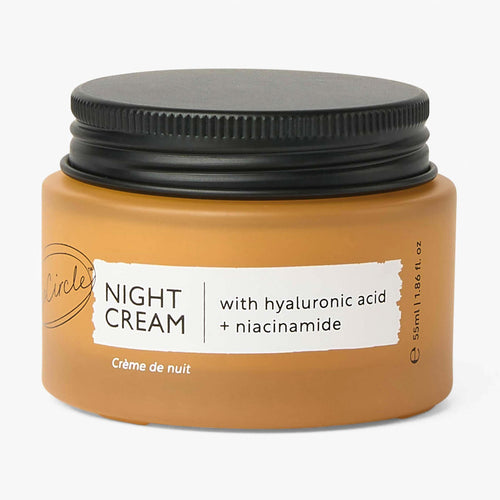Pregnancy – the time of blooming, rosy glows and lusciously thick hair – or, the time of pesky symptoms such as morning sickness and pregnancy acne. If you’re suffering from acne during pregnancy, you are far from alone; as many as fifty per cent of pregnant women experience acne whilst growing their little one.
When does pregnancy acne start?
Acne and pregnancy aren’t necessarily in tandem for the whole nine months. Acne during early pregnancy is common. Indeed for some women, it can be an early symptom giving them the heads up that a pregnancy test needs to be done!
Pregnancy acne is typically caused by your skin’s reaction to the changing hormones brought about by pregnancy. In the early stages of your pregnancy, it’s a huge adjustment for your skin. The pregnancy hormones can cause your skin to produce more of its natural oil, sebum. Unfortunately, too much sebum can cause the pores to get blocked or trap dirt. The result is outbreaks caused by trapped bacteria and inflammation.
If you have typically suffered from acne before, particularly exacerbated around the time of your period, then you are more likely to experience acne during pregnancy.
How long does pregnancy acne last?
Pregnancy acne is most common in the first trimester and usually tails off in the second trimester. By the third trimester most women find their skin has settled down. However, it can be different for different women. Some find that they have one difficult outbreak and then are able to tame it quickly with an altered cleansing regime. Others find that they may struggle with acne throughout their pregnancy. It really is individual.
Whatever the length of time, you can expect pregnancy acne to be temporary. When your hormones balance out again, your skin will most likely return to normal after the birth.
The good news is that pregnancy acne treatment is, for most, relatively simple and a case of switching up your skincare regime.
How to get rid of acne from pregnancy
If you’ve experienced acne before and dealt with it by using over-the-counter or prescription creams you are right to be wary about using the same measures for acne during pregnancy. Many of these creams are not suitable for use during pregnancy.
Furthermore, many women prefer to be very conscientious about what they put on and in their body during pregnancy, opting for all-natural where possible, for the wellbeing of their baby. It makes sense to consider natural acne treatment during your pregnancy as a first port-of-call and only resort to medical creams on the advice of a doctor, if natural remedies have failed and the acne is particularly painful or distressing.
Natural acne treatments
The good news is that there are effective approaches you can take for natural acne treatment in pregnancy.
1. Consider your skincare routine
Your skincare routine may need adjusting now that you are pregnant. Perhaps you’ve never much bothered before, or the changes to sebum production now mean you need to pay it more attention.
We’ve got plenty of advice about how to develop an acne-busting skincare regime and, using our natural products, you can be sure it’s a safe pregnancy routine.
Cleansing: Wash your face with soap and water. Ditch the myths that soap is bad; it’s actually the best way of cleansing your skin naturally. Our Fennel & Cardamom Chai Soap Bar includes green clay which will help to draw out the excess sebum and dirt from your pores.
Exfoliation: Gentle exfoliation is good for acne-prone skin. It removes any dead skin which can get trapped in the pores, again clogging them. Our Herbal Blend Coffee Face Scrub is ideal for oily skin and contains tea tree oil which has brilliant antibacterial properties.
Moisturising: It’s tempting to think that moisturising may make your skin greasier. This is another myth. What is important is that you choose a moisturiser which is absorbed quickly and doesn’t ‘sit’ as a clogging layer on your skin. An all-natural option is our Face Moisturiser with Argan Powder.
2. Pamper yourself
Pregnancy, whilst miraculous, can also be stressful. Your skin will never be at its best when you are stressed. Make sure you’re taking some time out for yourself, and learning to manage your pregnancy stress, so that your skin improves as a side benefit.
A great way that forces you to slow down and relax is a face mask. You can make a fabulous pregnancy acne face mask using oatmeal, or take the easy route and choose our Face Mask with Olive Powder.
3. A little extra natural TLC
If you’ve got particularly sore or inflamed outbreaks then you can try dabbing on diluted apple cider vinegar or baking soda solutions. Use clean cotton wool to apply your homemade toner.
Again, this may feel a little like hard work! You can use a ready-made natural toner instead if you prefer. Citrus is known to help combat acne due to its hydroxyl acid. Our Face Toner includes mandarin as well as chamomile for soothing.
4. Help your skin, and you and your baby, from the inside
Drink plenty of water, avoiding fizzy drinks and caffeine where possible. Eat lots of fruit and veg as well as protein. Avocados are a great pregnancy food. At the same time, avoid too much processed food and refined sugar.
A healthy balanced diet during pregnancy has so many benefits for you and your baby, beyond helping your skin, so it is well worth giving some attention.
5. Pregnancy beauty sleep
If you have long hair, plait it for sleep. This will keep it from transferring dirt or extra oils to your skin during the night. Change your pillowcase regularly, and choose organic cotton or silk.
Hopefully the above is plenty to get your skin balanced and under control. If you’re really struggling with your pregnancy acne, don’t just reach for a pharmacy cream or a pre-pregnancy prescription. Chat to your GP and make sure you choose something which is safe.
Enjoy your pregnancy and see your time tackling breakouts as a valuable self-care opportunity before your baby comes along.

